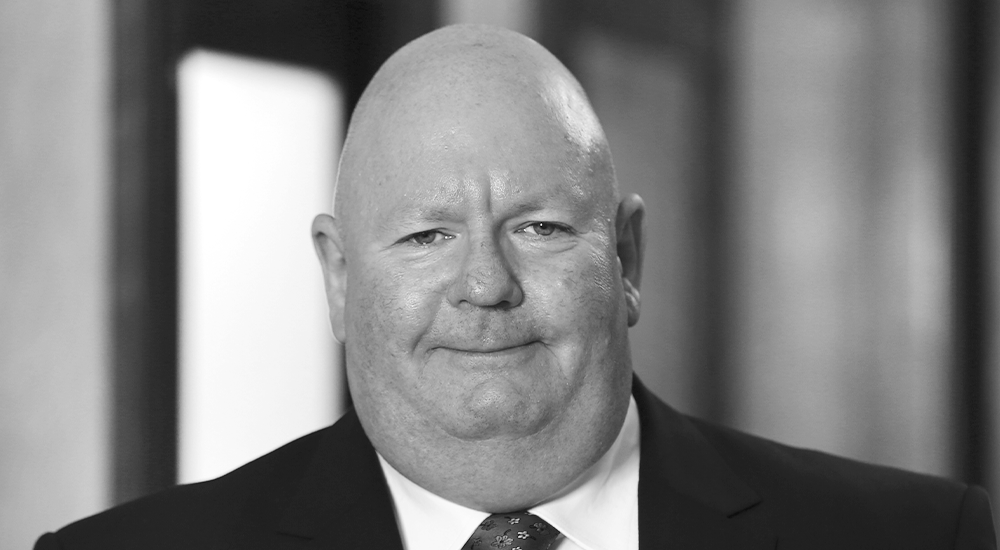The current trend toward the integration of ESG criteria and the respective activity of fund promoters in Europe have led some market observers and participants to the assumption that the market structure will be turned around. This is because they think that non-ESG related funds will be a niche market in the near future.
This assumption is not surprising given the EU Commission is pushing hard for the integration of ESG criteria in mutual funds and has launched the sustainable finance disclosure regulation (SFDR) which forces fund management companies to disclose to which extend they take ESG criteria into consideration, especially with regard to environmental aspects (the E). With regard to this, it is not surprising that we see a high number of newly launched funds which comply at least with Article 8 of the SFDR, since the fund promoter will want to take profit from the ESG megatrend.
In addition to launching new ESG funds, fund promoters are also busy with repurposing existing “conventional” funds as ESG funds – this is an easy way to grow the assets in a specific investment strategy. Even as repurposing a fund is quite common in the investment industry, it can have large impacts for investors.
Given the integration of ESG criteria means that the respective fund manager is using a different tool set for the selection of eligible assets for the portfolio, the proven track record of the fund manager might become obsolete since his investment style has changed. This means investors cannot rely on their general assumptions based on the past performance of a portfolio manager anymore and may have to adjust their selection process accordingly before taking any buy decisions for repurposed funds.
Another point which is often overlooked is not all investors want to use ESG funds for various reasons. Therefore, these investors must look for a different product if the objective of a fund in their portfolio is repurposed.
Generally speaking, I disagree with the thesis that ESG-related products will become market leading products in terms of the number of funds or the assets under management in the foreseeable future, as too many portfolios from institutional and private investors currently are benchmarked against conventional indices. It will take a longer time period for this to change.
In addition, there will always be some investors who want to invest in the broad markets, which will also include stocks and bonds from companies which are not in a sustainable sector or in general are seen as non-sustainable. Examples of this might be companies from sectors such as industrials and mining or oil companies.
Do not get me wrong here, I am not saying that ESG-related investment strategies will not become the new normal – I actually claimed this already years ago. I am just saying that it may take longer than some market observers, participants, or politicians would expect.
DWS switches UK equity ETF to ESG index
That said, it is clear ESG-related funds have left the niche and are now mainstream products. Nevertheless, the investment industry has a lot of work to do to convince investors about the virtues of these investment strategies since conventional investment managers were claiming that ESG investing is delivering lower returns than conventional investment strategies at the beginning of this megatrend to protect their market space.
Even as this claim was against the findings of a number of scientific studies which proved that ESG-related funds delivered superior returns over different observation periods and market cycles, it has made its way into the minds of professional and mainstream investors and is now making them feel unsure about if and how they should use new or repurposed ESG-related funds.
Detlef Glow is head of Lipper EMEA research at Refinitiv
Further reading



